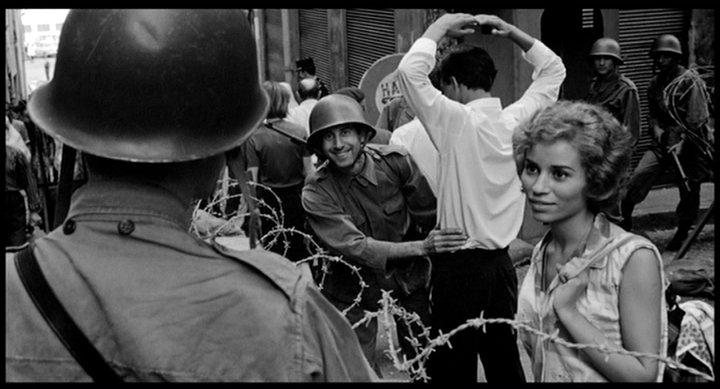One topic that I find particularly interesting about The House I Live In (Jarecki, 2012) is recidivism. Being convicted of a crime and having that on a permanent record forever makes it incredibly difficult for previously incarcerated people to move on from their crimes. So many rights and privileges are revoked from ex-convicts. Getting hired as an ex-con is much more difficult. If it is so hard to get a job, it becomes increasingly difficult to support yourself and make a living. Due to such circumstances, it is very easy to resort to previous ways of life, which could potentially put them back in jail. It seems as though it is sometimes a vicious unending cycle of being in jail, getting out, trying to find work, but not having proper support or opportunities to get a job, and going back to jail.
Another thing I found particularly interesting was that some of the men that had been in prison said that in some situations, jail is a better situation for them because it provides them with a place to live, sleep, and eat. This is sad because it is indicative of their living situations, or lack thereof, outside of jail.

I felt the same way. It is truly concerning that people who get out of jail and have (in most cases) learned from their mistakes have no way of getting a job in the world after. When a drug dealer comes out of jail and can find no work… what is the easiest option for him to make a living for himself, provide for his family, or even find some food to feed himself? The obvious is going back to selling drugs and it becomes a cycle. This cycle is something that could easily be broken if the prison system reformed the way it functions